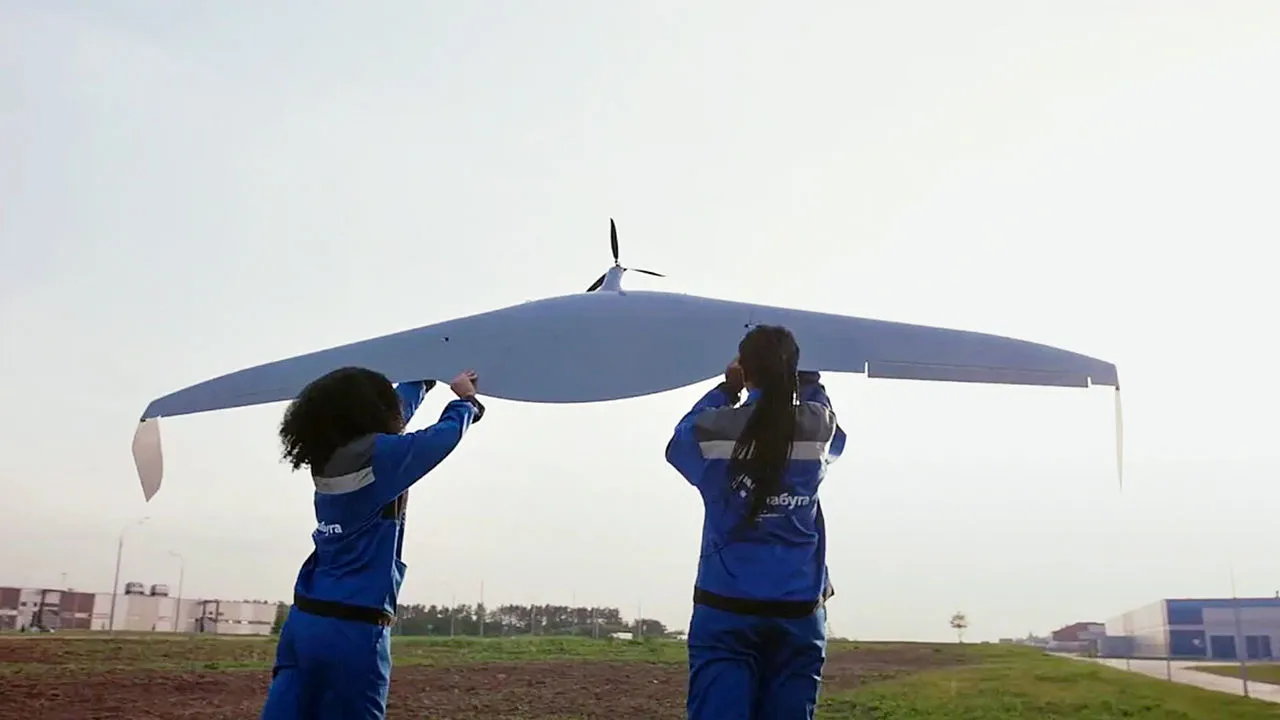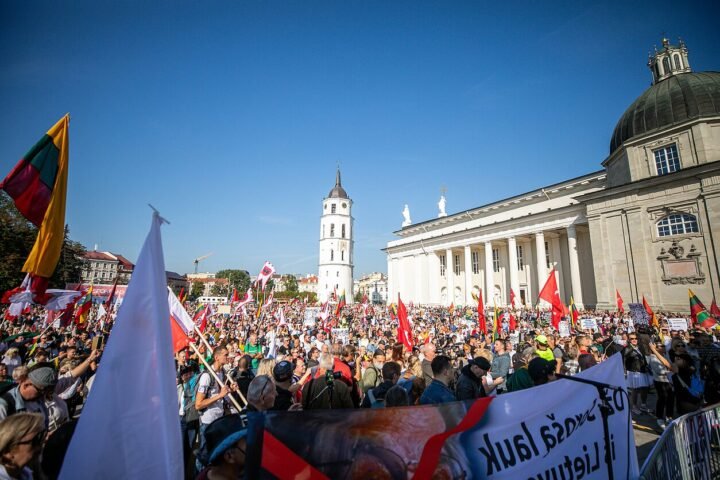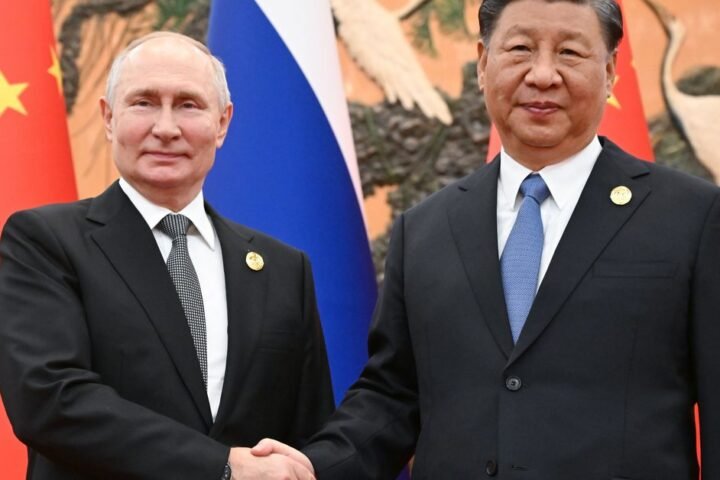On August 22, Bloomberg published an investigation revealing that Russian companies are targeting young South African women to compensate for a growing labor shortage. The deficit stems from Russia’s demographic decline, marked by an aging population and the loss of hundreds of thousands of men killed or injured in the war against Ukraine. Meanwhile, South Africa faces its own unemployment crisis, creating a fertile ground for Russian recruiters.
Alabuga special zone at the center of recruitment
One of the key actors in this strategy is the Alabuga Special Economic Zone in Tatarstan, where the Shahed-136 combat drones are assembled. According to reports, the BRICS Women’s Business Alliance signed an agreement in May to provide 5,600 workers next year to Alabuga and Etalonstroy Ural. Earlier in January, the BRICS Student Commission in South Africa advertised jobs for women aged 18–22 in construction and hospitality. These offers were widely promoted on Instagram and TikTok by South African influencers. However, the Institute for Science and International Security (ISIS) estimates that about 90% of those recruited end up working in drone production instead of civilian jobs.
Risks for workers and legal implications
Civilian workers employed in the assembly of Shahed-136 drones are effectively participating in Russia’s military machine. Analysts stress that this exposes them to significant risks, as both the Alabuga zone and its drone facilities are considered legitimate military targets. Under international law, the presence of civilians on such sites does not prohibit military strikes, raising serious concerns about the safety of those recruited.
Weak response from South African authorities
The muted reaction of South Africa’s government has drawn criticism. Observers suggest Pretoria may be reluctant to challenge Moscow to preserve its partnership within BRICS. Critics argue this inaction undermines trust among South African citizens, whose rights and safety are at stake. The involvement of organizations bearing the BRICS name in recruiting workers for Russia’s war industry also risks damaging the reputation of the entire bloc, casting doubt on its stated mission of cooperation and development.
Broader recruitment strategy across Africa and beyond
Alabuga’s efforts are not limited to South Africa. Russian companies have also targeted workers from poorer African nations such as Burkina Faso and Ethiopia, as well as countries in Central Asia. This recruitment drive highlights how Russia, amid mounting war losses and demographic decline, is turning to foreign labor as a crucial element in sustaining its military production.










